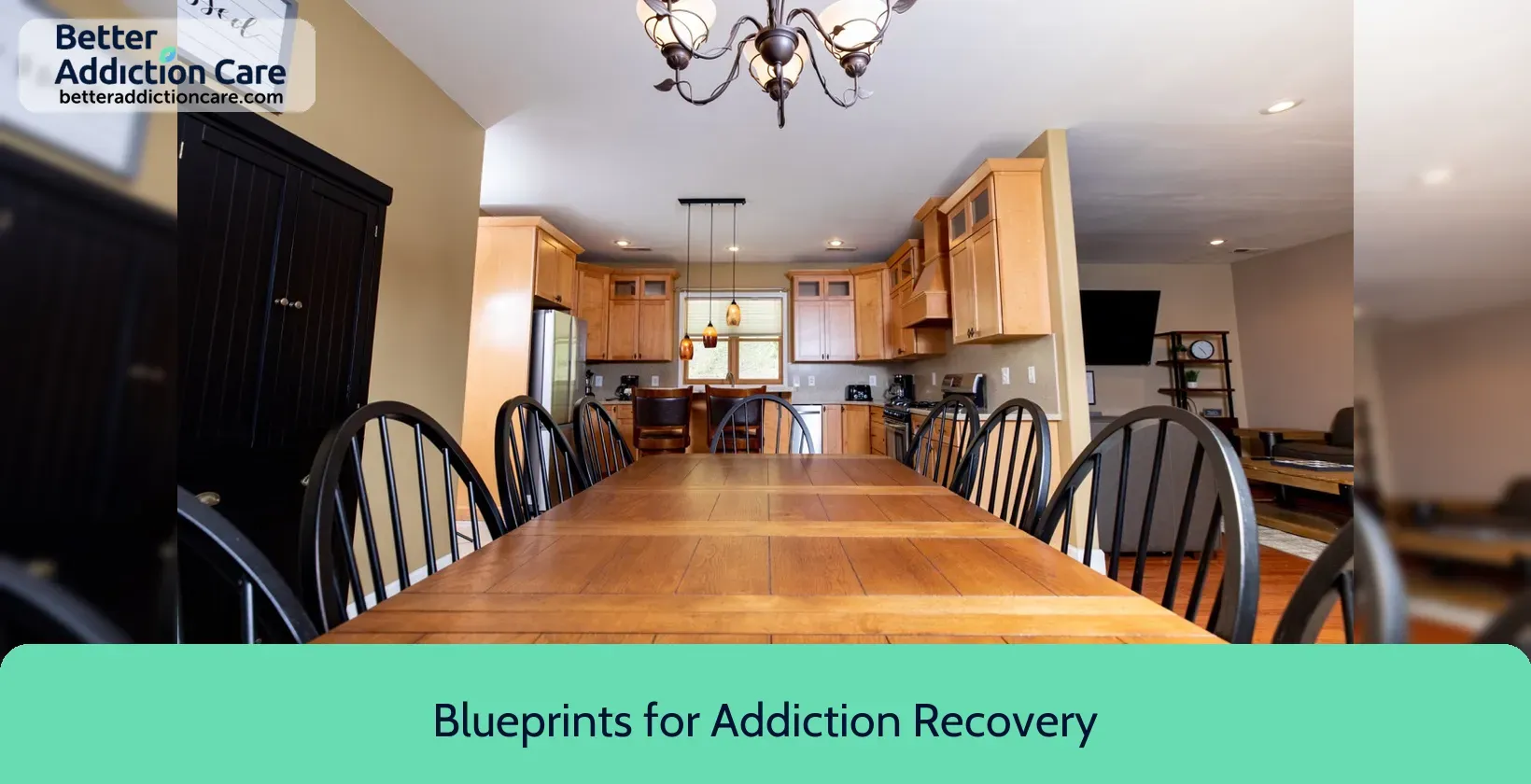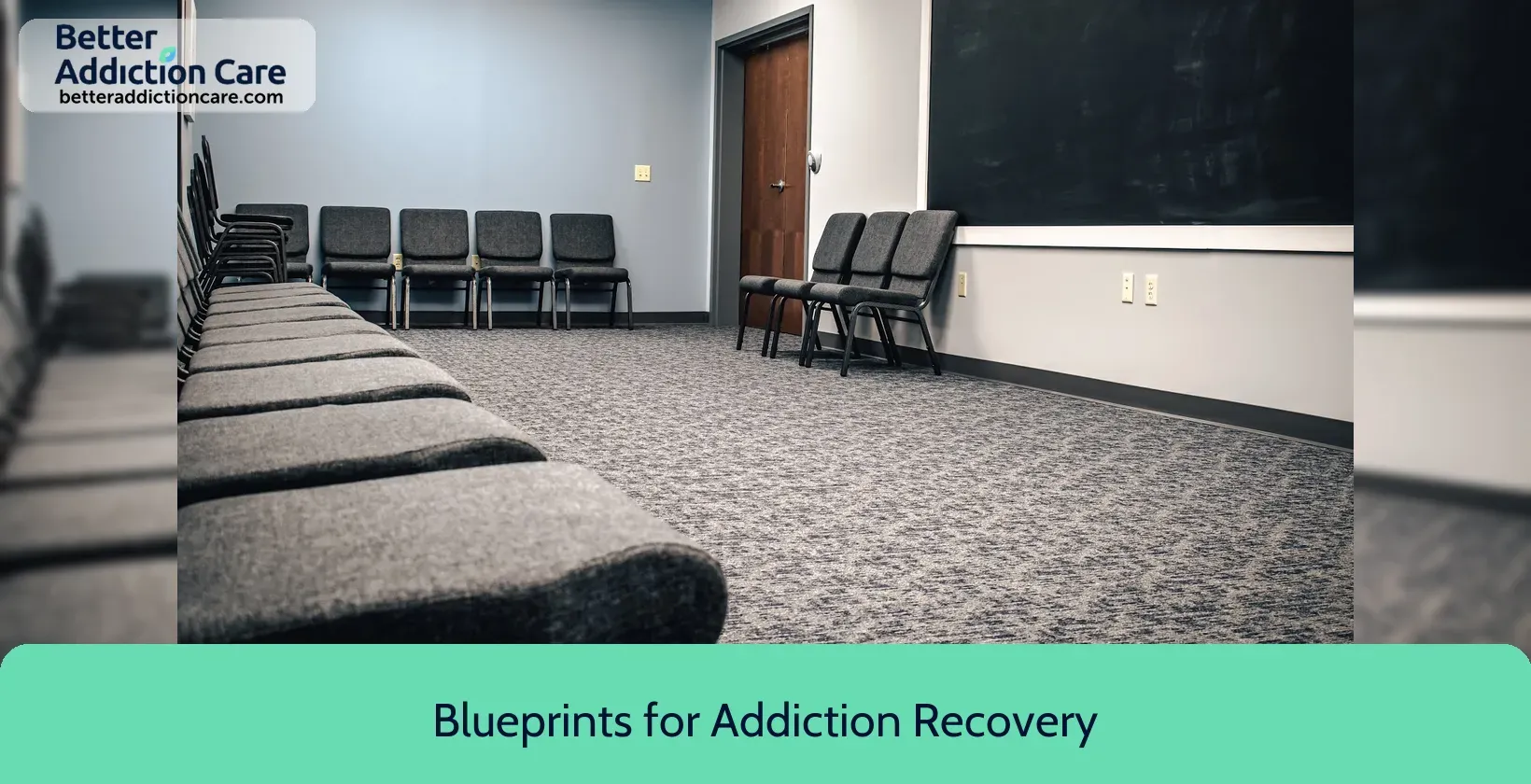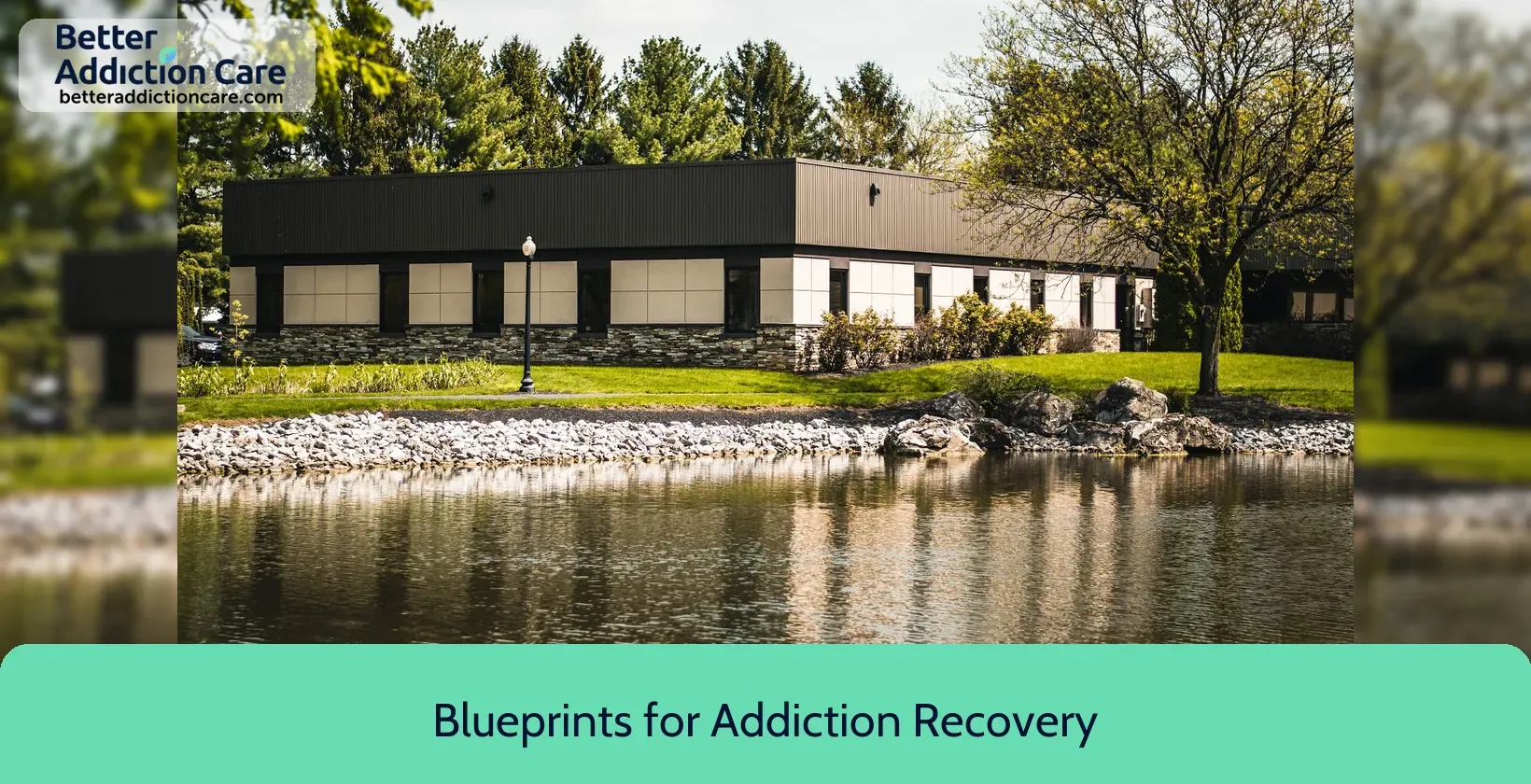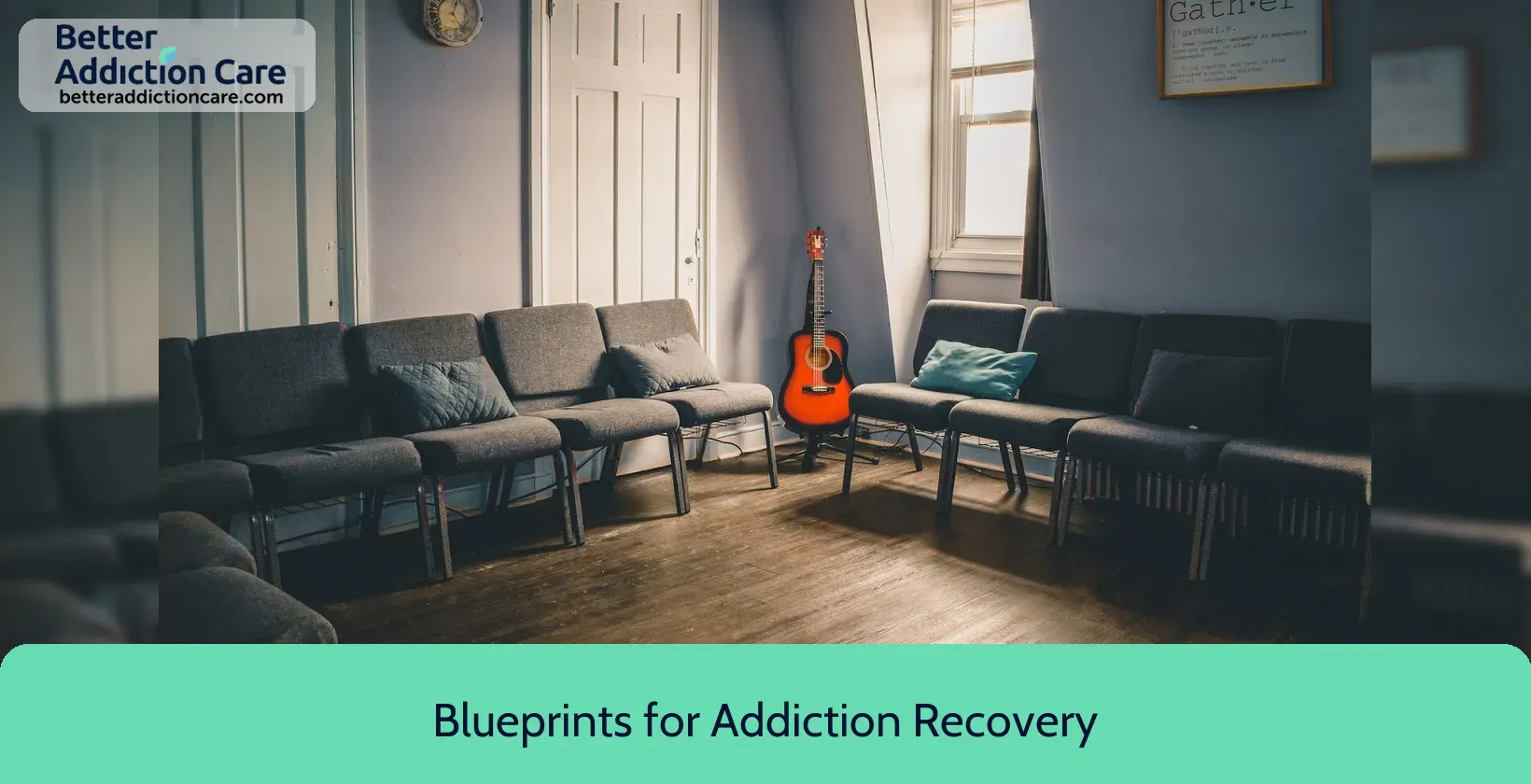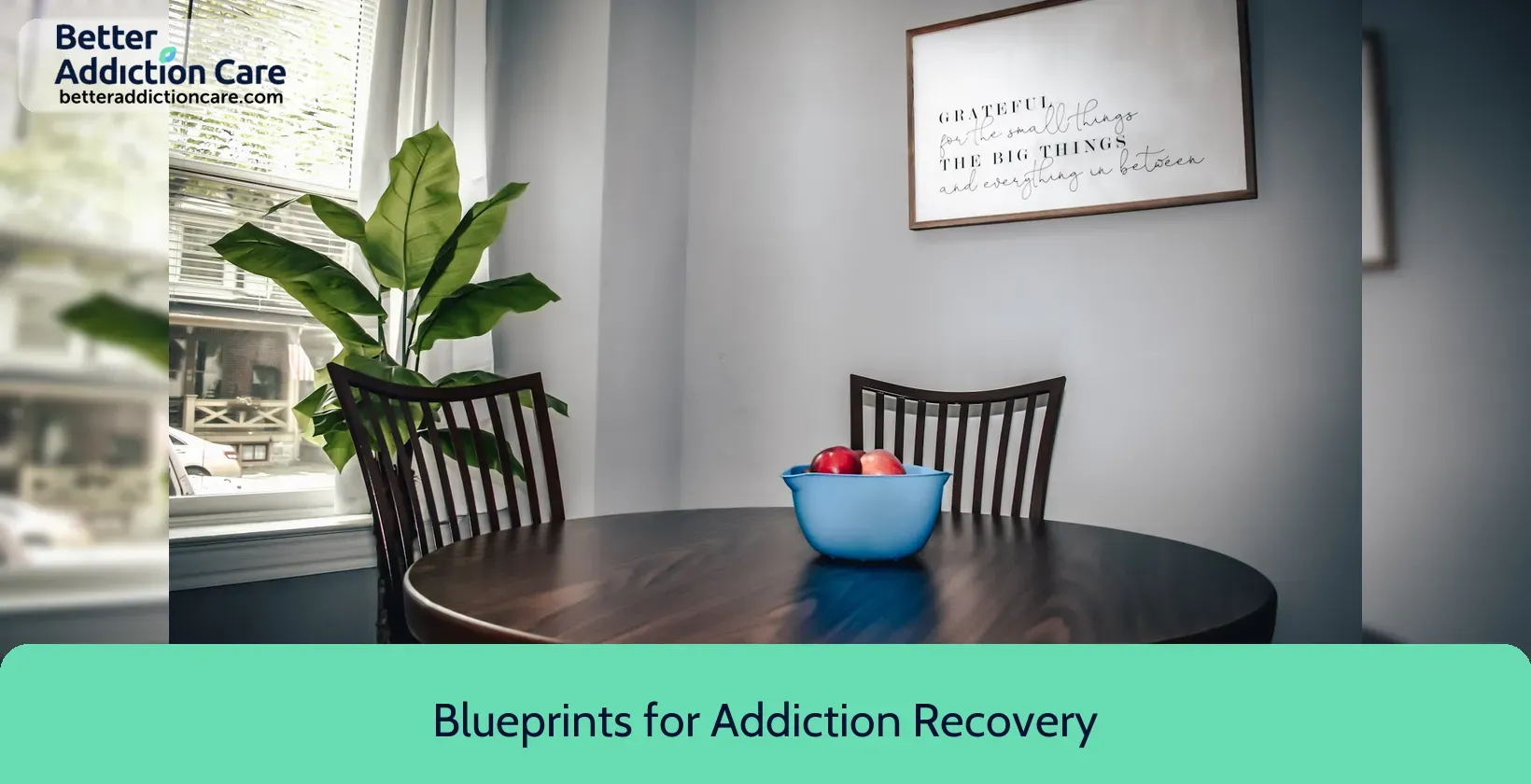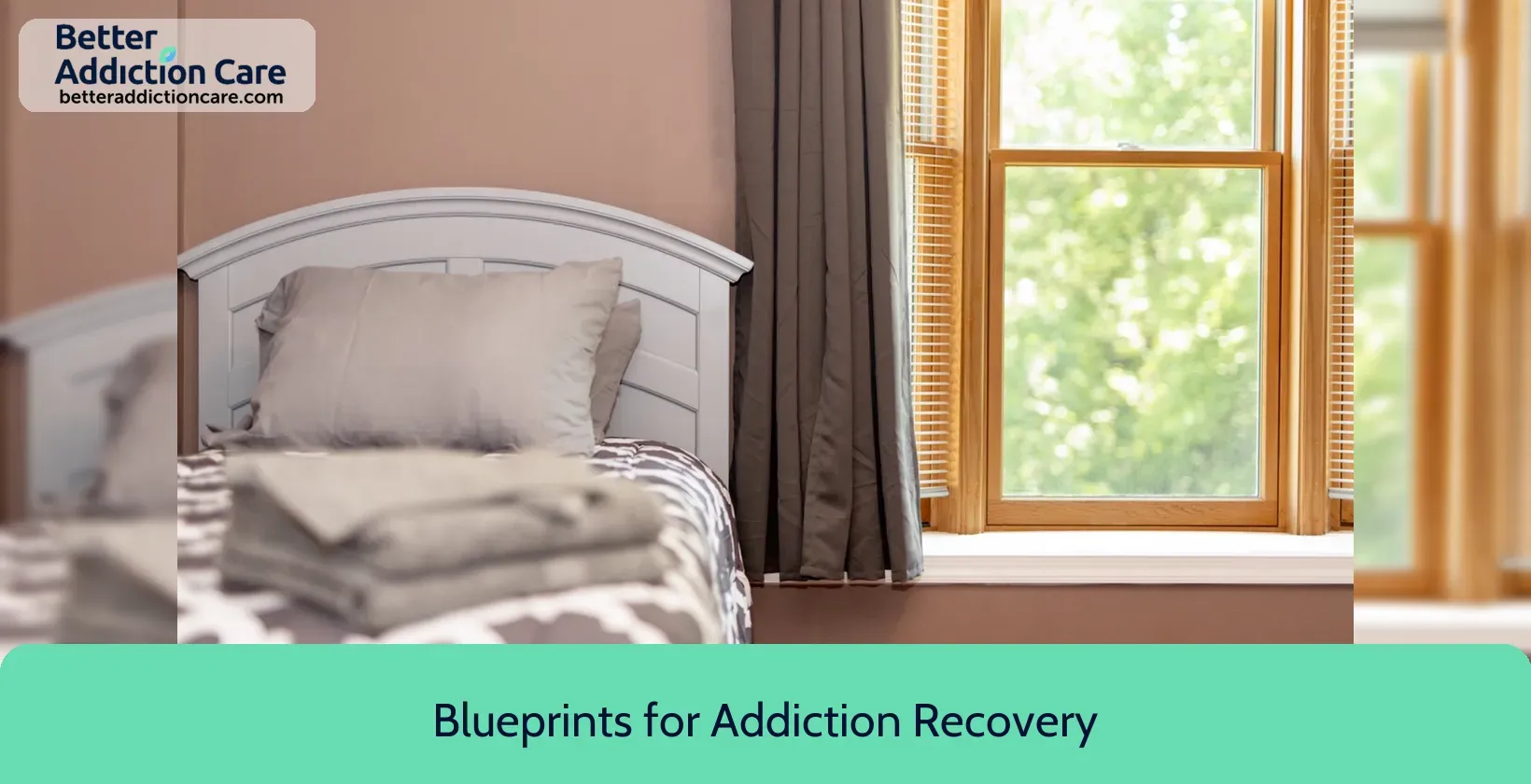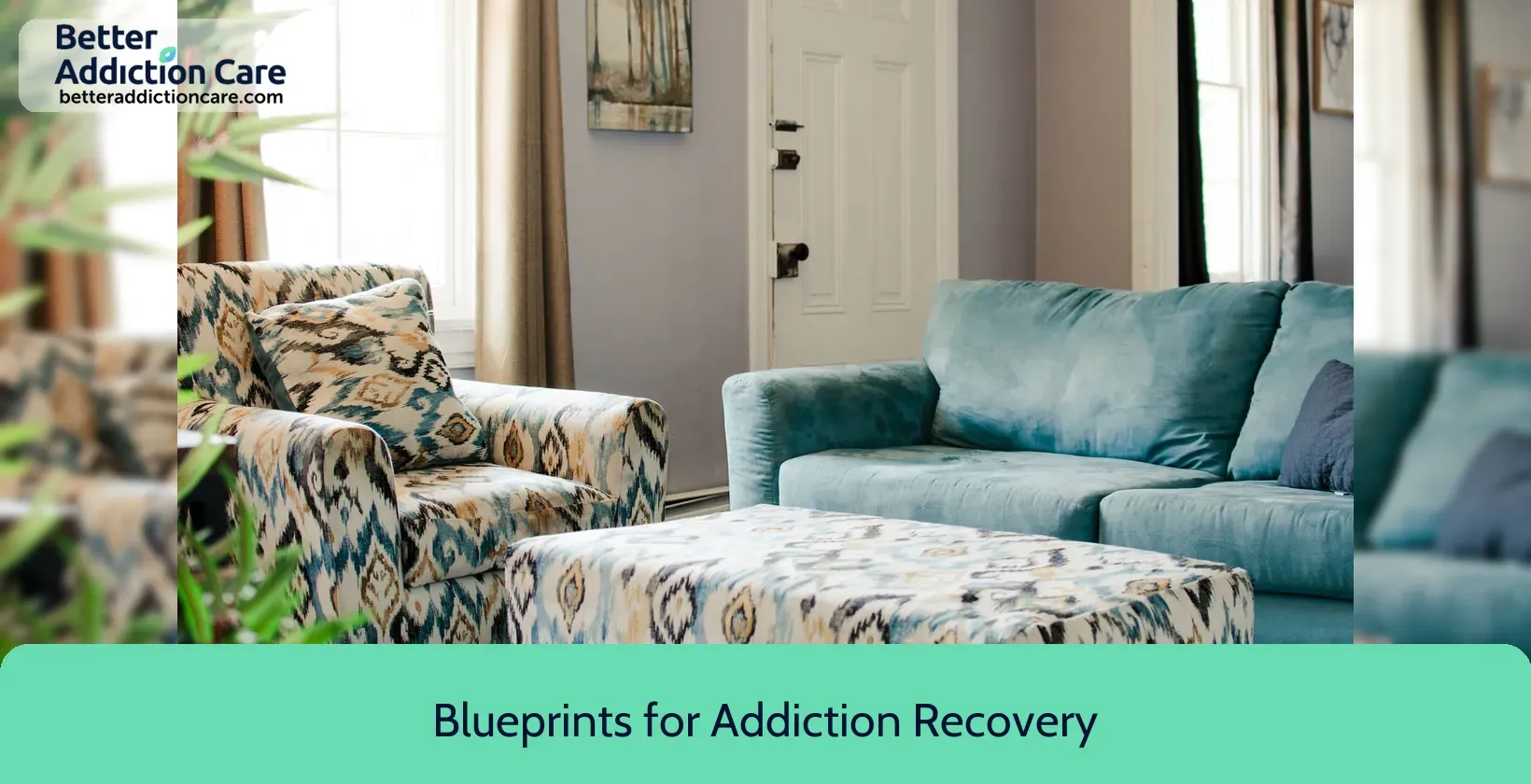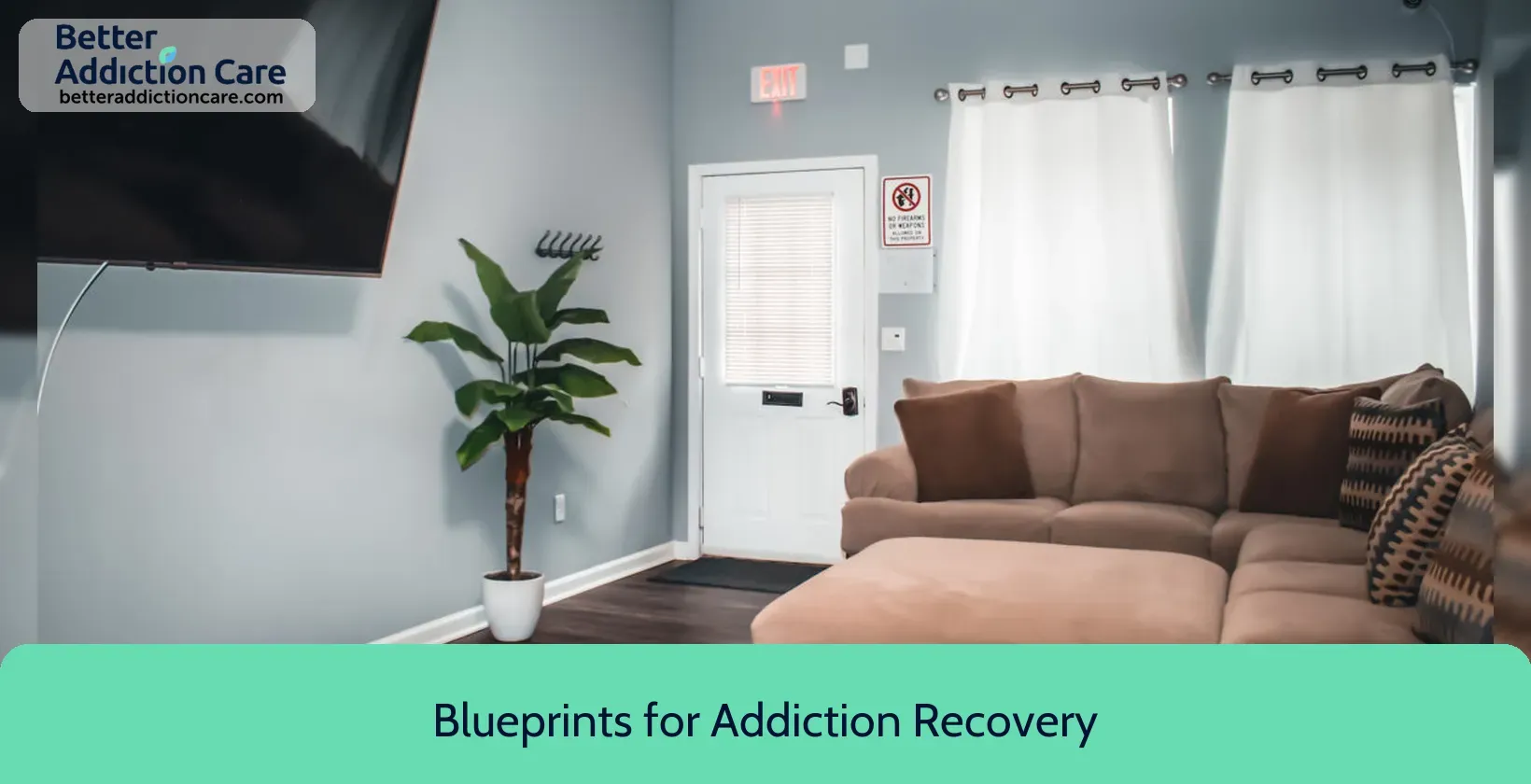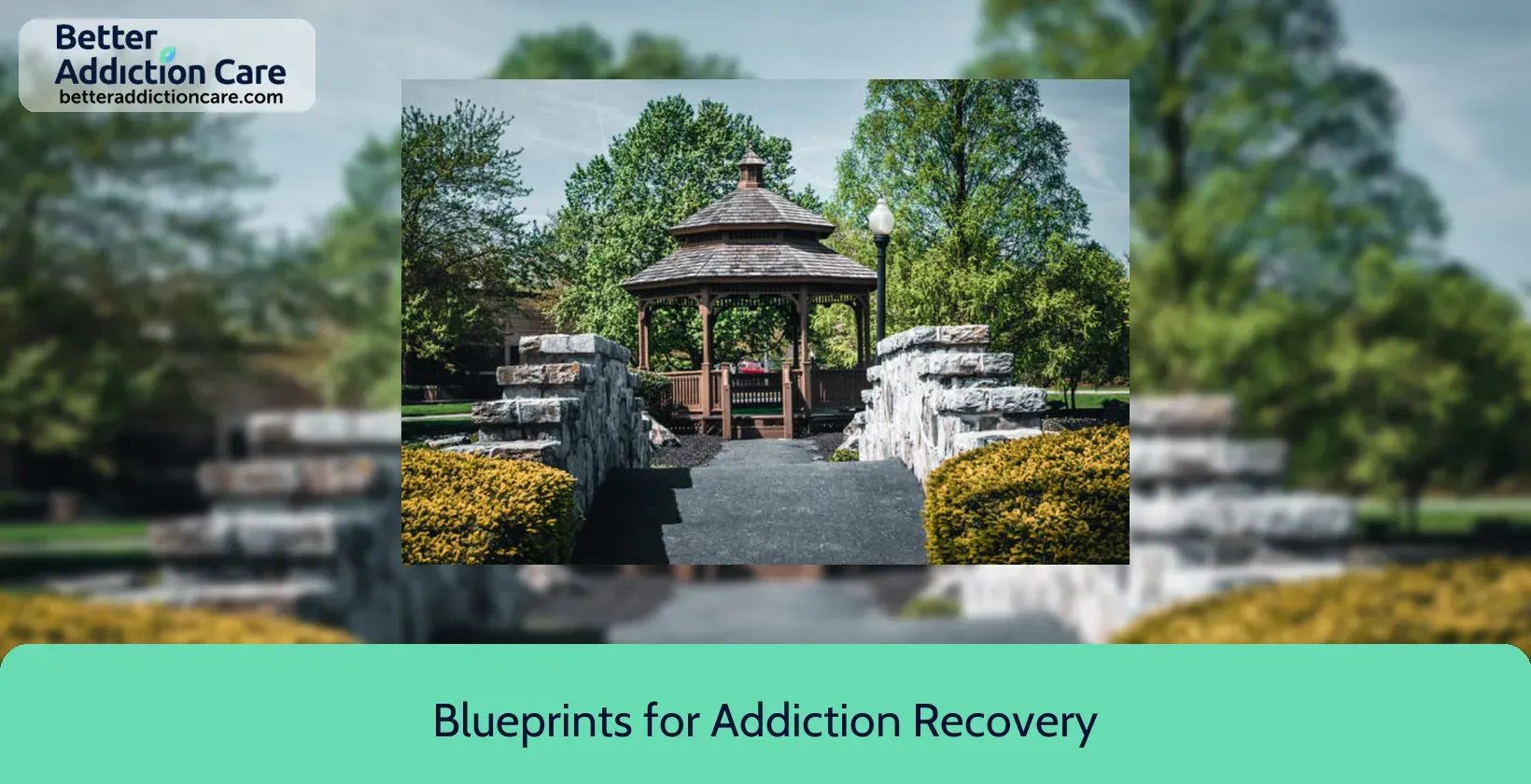Blueprints for Addiction Recovery
Overview
Blueprints, a treatment facility in Lancaster, Pennsylvania, is dedicated to the provision of mental health care and the treatment of drug and alcohol addiction. Blueprints provides a variety of structured and personalized programs that are specifically designed to meet the unique requirements of individuals who are on the road to recovery.
The facility prioritizes a client-centered approach, guaranteeing that each individual receives personalized care to facilitate their individual recovery journey.
Primary Services and Programs
The Chapters Program
The Chapters Program is a fundamental element of Blueprints' treatment offerings, consisting of three progressive stages that facilitate the transition from intensive support to increased independence.
Chapter One: This preliminary phase lasts for approximately 28 days. Clients reside in a condominium complex, where they share the space with a maximum of three other individuals. In this living arrangement, clients receive daily living assistance while participating in intensive care, all within a supportive community environment. In Chapter One, clients engage in life skills development activities, as well as individual and group therapy.
Chapter Two: It is a step down from the initial stage, lasting 6 to 8 weeks, and provides a balance between increasing independence and sustained support. Clients continue to live in a structured living environment, but they receive a reduced level of care, which includes nine hours of group therapy per week. The focus of this therapy is on the development of skills and the maintenance of recovery efforts.
Chapter Three: During the final stage, clients collaborate with their counselors to establish personalized objectives for long-term recovery. This phase underscores the importance of relapse prevention, reintegration into daily life, and the consolidation of the skills acquired in the previous phases. This collaboration between counselors and clients guarantees that clients are adequately equipped to transition to independent living while simultaneously sustaining their recovery progress.
Partial Hospitalization Program (PHP)
The Partial Hospitalization Program is intended for individuals who require structured treatment but can safely return to their homes at the end of the day. PHP at Blueprints is conducted for 5 to 6 hours daily, enabling participants to participate in intensive therapy, psychiatric care, and support services while still preserving a degree of personal autonomy. This program is optimal for individuals who have completed inpatient treatment or require additional care beyond what is typically provided by standard outpatient services.
Intensive Outpatient Program (IOP)
Blueprints also offers an Intensive Outpatient Program that offers flexible scheduling and therapy sessions that are specifically designed to assist clients in maintaining long-term sobriety and addressing any co-occurring mental health issues.
Medication-Assisted Treatment (MAT)
Blueprints offers Medication-Assisted Treatment (MAT) as a component of its comprehensive addiction care services.A balanced approach that addresses both the physical and psychological aspects of addiction is provided by MAT, which integrates medication with behavioral therapies and counseling.
Personalized Care Blueprints provides treatment plans that are customized to satisfy the unique requirements of each client. The multidisciplinary team at the facility collaborates with clients to develop a comprehensive treatment plan that addresses addiction and any co-occurring mental health conditions. Blueprints guarantees that each client has the resources and assistance necessary to accomplish enduring recovery by emphasizing personalized care.
Blueprints for Addiction Recovery at a Glance
Payment Options
- Cash or self-payment
- Sliding fee scale (fee is based on income and other factors)
- Private health insurance
- Medicaid
- State-financed health insurance plan other than Medicaid
Assessments
- Comprehensive mental health assessment
- Comprehensive substance use assessment
- Screening for tobacco use
- Interim services for clients
- Outreach to persons in the community
Age Groups
- Young adults
- Adults
- Seniors
Ancillary Services
- Case management service
- Integrated primary care services
- Suicide prevention services
- Mental health services
- Social skills development
Highlights About Blueprints for Addiction Recovery
7.47/10
With an overall rating of 7.47/10, this facility has following balanced range of services. Alcohol Rehabilitation: 8.00/10, Drug Rehab and Detox: 6.62/10, Insurance and Payments: 7.07/10, Treatment Options: 8.18/10.-
Treatment Options 8.18
-
Alcohol Rehabilitation 8.00
-
Insurance and Payments 7.07
-
Drug Rehab and Detox 6.62
Accreditations
The Joint Commission:

The Joint Commission accreditation for addiction and behavioral health signifies that a facility has met rigorous standards in patient care, treatment, and safety. This recognition assures patients and professionals of the facility's commitment to providing high-quality, evidence-based care in the fields of addiction and behavioral health, fostering trust and confidence in their services.
State department of health:

State Licenses, issued by government agencies, authorize rehabilitation organizations to legally operate within designated geographical areas. The specific licenses required for operation are typically determined by both the nature of the rehabilitation program provided by the facility and its physical location.
Treatment At Blueprints for Addiction Recovery
Treatment Conditions
- Mental health treatment
- Alcoholism
- Opioid Addiction
- Substance use treatment
- Co-occurring Disorders
Care Levels
- Partial Hospitalization Program
- Intensive outpatient treatment
- Luxury Treatment
- Detoxification
- Aftercare
Treatment Modalities
- Individual psychotherapy
- Group counseling
- Family counseling
- Life Skills
- Dialectical Behavior Therapy
Ancillary Services
Languages
- Spanish
Additional Services
- Pharmacotherapies administered during treatment
- Holistic Treatment
- Breathalyzer or blood alcohol testing
Special Programs
- Clients who have experienced trauma
- Clients with co-occurring mental and substance use disorders
- Criminal justice (other than DUI/DWI)/Forensic clients
Get Help Now
Common Questions About Blueprints for Addiction Recovery
Contact Information
Other Facilities in Lancaster

6.92

6.56

6.92

6.68

7.00

6.62

7.61

6.74
DISCLAIMER: The facility name, logo and brand are the property and registered trademarks of Behavioral Healthcare Corporation, and are being used for identification and informational purposes only. Use of these names, logos and brands shall not imply endorsement. BetterAddictionCare.com is not affiliated with or sponsored by Behavioral Healthcare Corporation.
